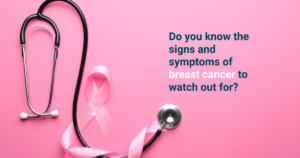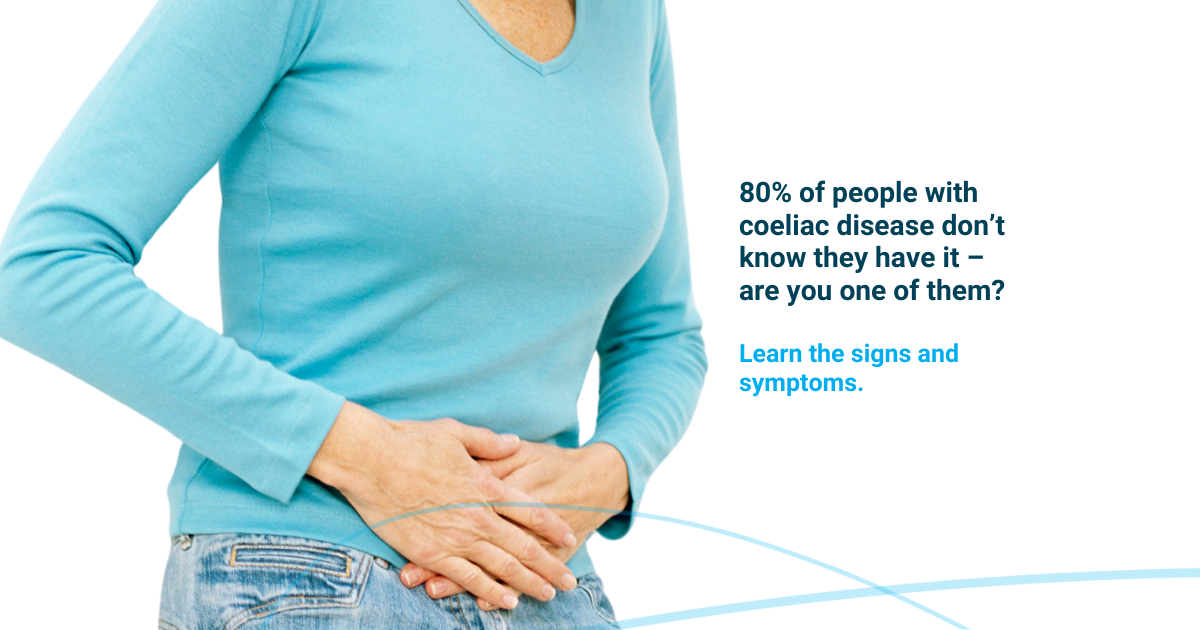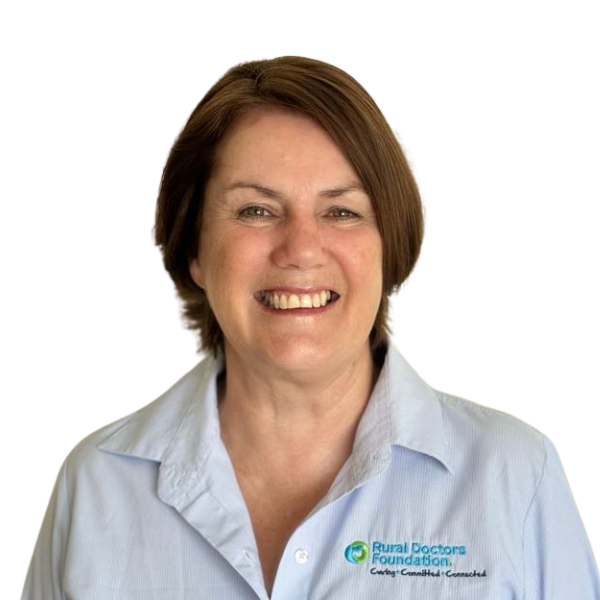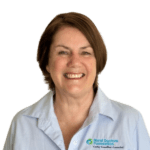
Chief Executive Officer of Rural Doctors Foundation
4 minute read4
80% of people with coeliac disease don’t know they have it – are you one of them?
What’s in this article
Coeliac disease affects 1 in 70 Australians, with many undiagnosed. It involves an immune reaction to gluten, damaging the small bowel. Symptoms include digestive issues and fatigue. The only treatment is a strict gluten-free diet. Early diagnosis and management are crucial.

Having grown up in a home with a baker, I looked forward to our Saturday lunch. My brother would bring home a loaf of fresh crusty bread that was still warm from the oven.
But for many, including now my Mum, such a lunch would not be a treat!
For those diagnosed with coeliac disease the immune system reacts to gluten (a protein found in wheat, rye, barley and oats) causing small bowel damage. This can lead to pain and discomfort in the stomach and gastrointestinal problems.
The lining of the bowel becomes inflamed and flattened. This reduces the ability of the bowel to absorb nutrients.
Although not all symptoms are the same, most common symptoms include:
- Bowel and digestive issues like diarrhea, constipation, bloating and cramping
- Headaches and fatigue
- Weight loss
- A deficiency of folic acid, iron or vitamin B12
- Skin rash
- Osteoporosis, or pain in the bones and joints
That tiredness you may be feeling, could be more than pushing yourself too hard.
If not diagnosed and treated, coeliac disease can result in serious health issues.
Who gets coeliac disease?
Coeliac disease can develop at any age and affects both men and women.
To develop coeliac disease, you must be born with a genetic predisposition. The genes HLA DQ2 and HLA DQ8 are present in most people with coeliac disease. While 50% of the population carry one or both genes, only 1 in 40 of these will get coeliac disease.
A parent, sibling, child of someone with coeliac disease has a 10% chance of also being diagnosed. The chance is much higher (approximately 70%) in twins. Environmental factors play an important role in triggering coeliac disease in infancy, childhood or later in life.
Rural Doctors Foundation recommend that if you have a close relative with coeliac disease, ask your local rural doctor for a blood test to screen for coeliac disease.
How common is the condition?
Approximately 1 in 70 Australians have coeliac disease however 80% remain undiagnosed. Most Australians with coeliac disease don’t know it.
Improved awareness of the condition has resulted in higher diagnosis rates in the past few years, however, there has also been an increase in the incidence of coeliac disease.
Can coeliac disease be cured?
People with coeliac disease are sensitive to gluten their entire life, so in this sense they are never cured. However, a gluten free diet means those diagnosed can lead healthy and happy lives.
A strict, lifelong gluten free diet is currently the only recognised medical treatment for coeliac disease. A gluten free diet allows the small bowel lining to heal and symptoms to resolve.
What are the long-term risks of undiagnosed and untreated coeliac disease?
The long-term consequences of untreated coeliac disease include chronic systemic inflammation, poor nutrition and malabsorption of nutrients, leading to overall poor health.
Fortunately, timely diagnosis of coeliac disease and treatment with a gluten free diet can prevent or reverse many of the associated health conditions.
I recall when my Mum was first diagnosed, the options for gluten free food were limited. It was always a challenge to know what to serve Mum when she came to visit. Today, there is a vast array of options and most of them are very tasty – my kids love Nanna’s gluten free cakes!
Remember, you may have coeliac disease and not know it. So, before your next visit to your rural doctor, go online and complete the self- assessment questionnaire provided by Coeliac Australia. Have a chat to your doctor about the result.
https://www.coeliac.org.au/s/coeliac-disease/self-assessment
Fran is a passionate advocate for improving rural health. In her articles, she explores a range of health issues to support those living in rural communities access information.




